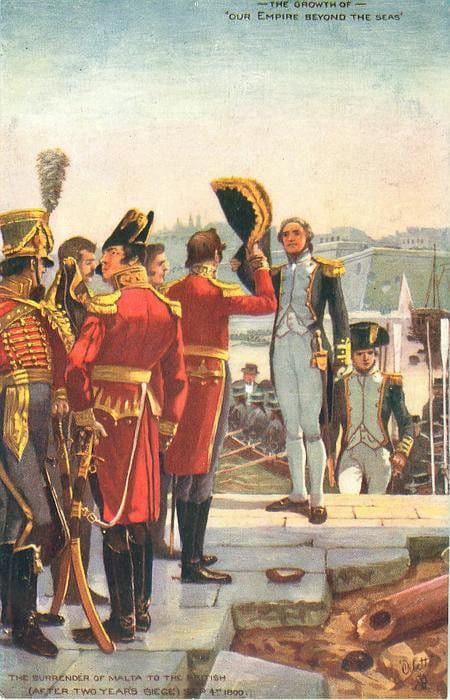1831, June 20
Diocese of Malta
The diocese of Malta is separated from that of Palermo.
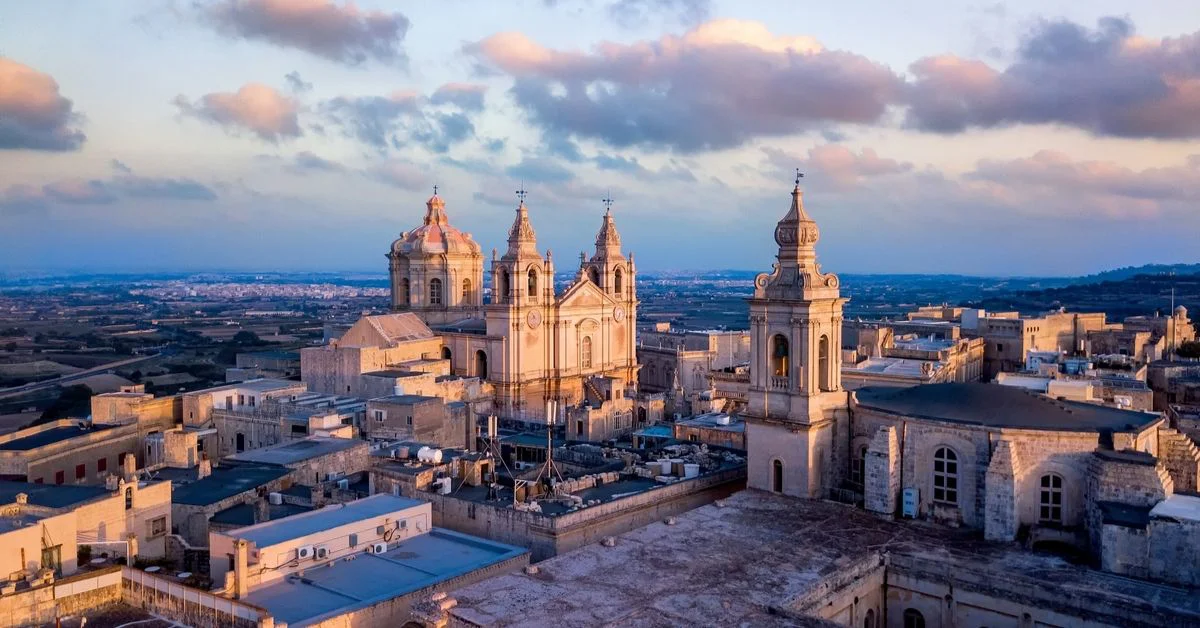
1831, June 20
The diocese of Malta is separated from that of Palermo.

1814 - 1930
The Grand Harbour becomes an important shipping waystation, eventually serving as the headquarters for the Mediterranean Fleet. (to 1930)
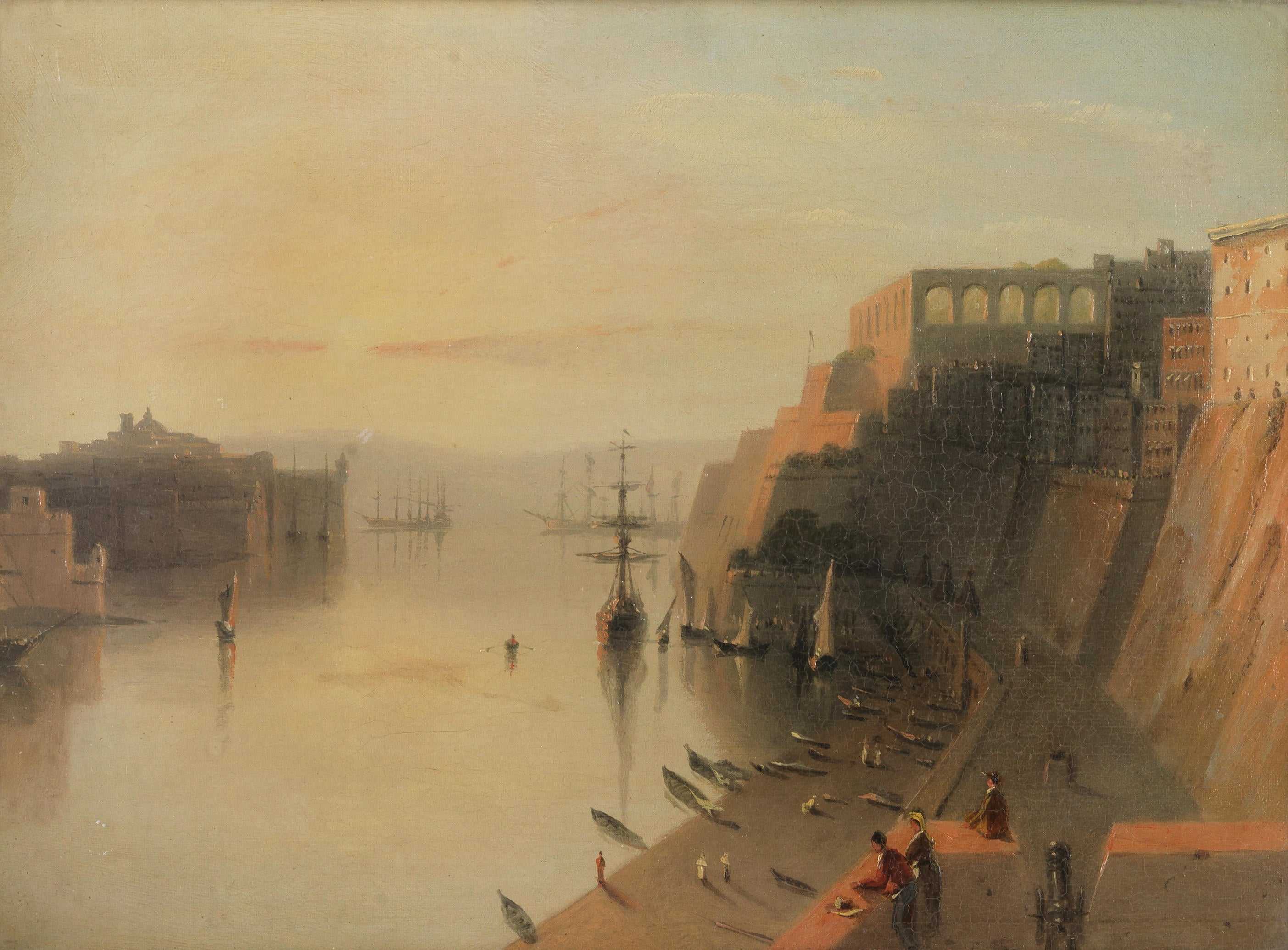
1814
Under the Treaty of Paris, and subsequently ratified by the Congress of Vienna, Malta status as a British Crown Colony is confirmed.
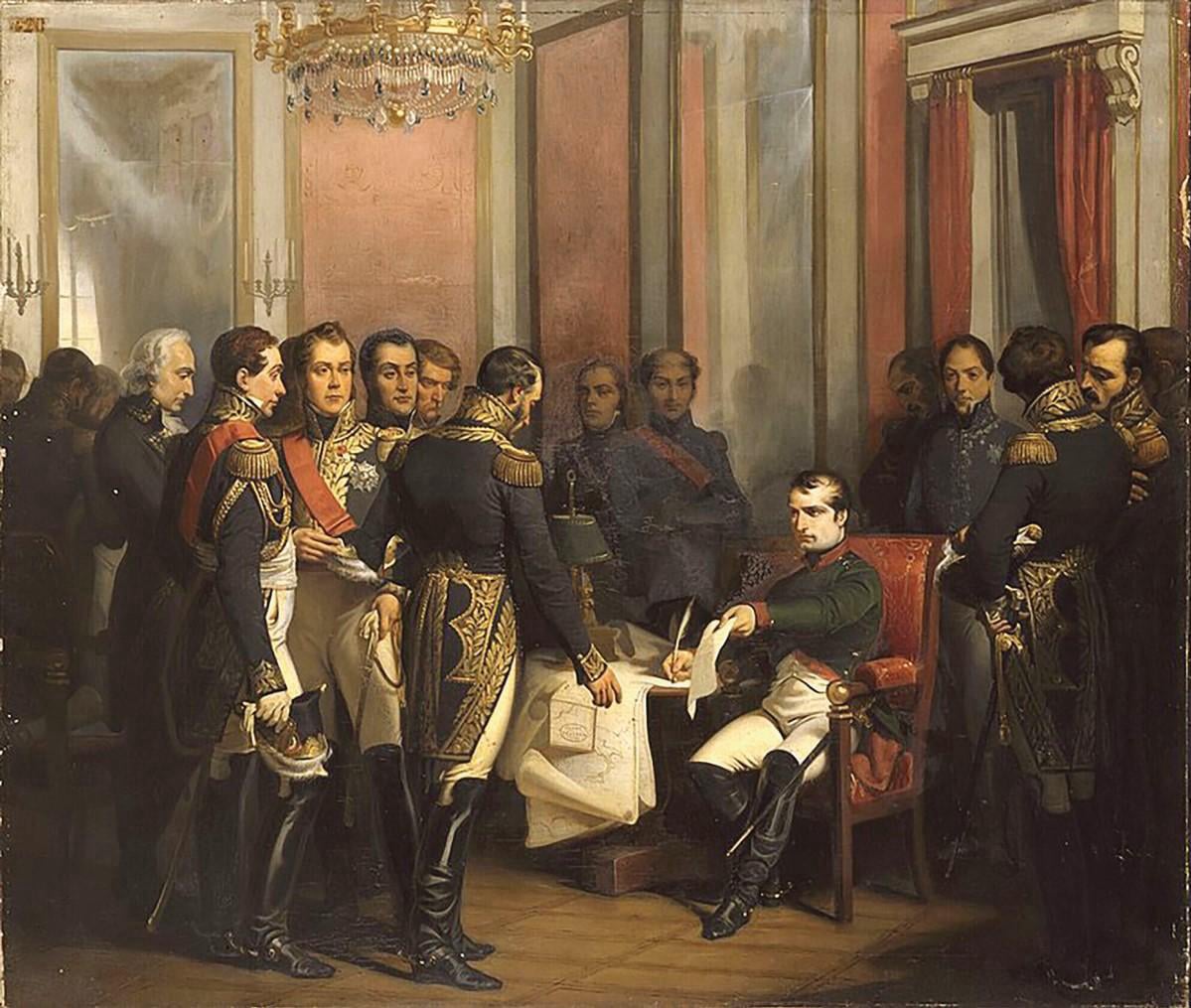
1813
Malta is granted the Bathurst Constitution.
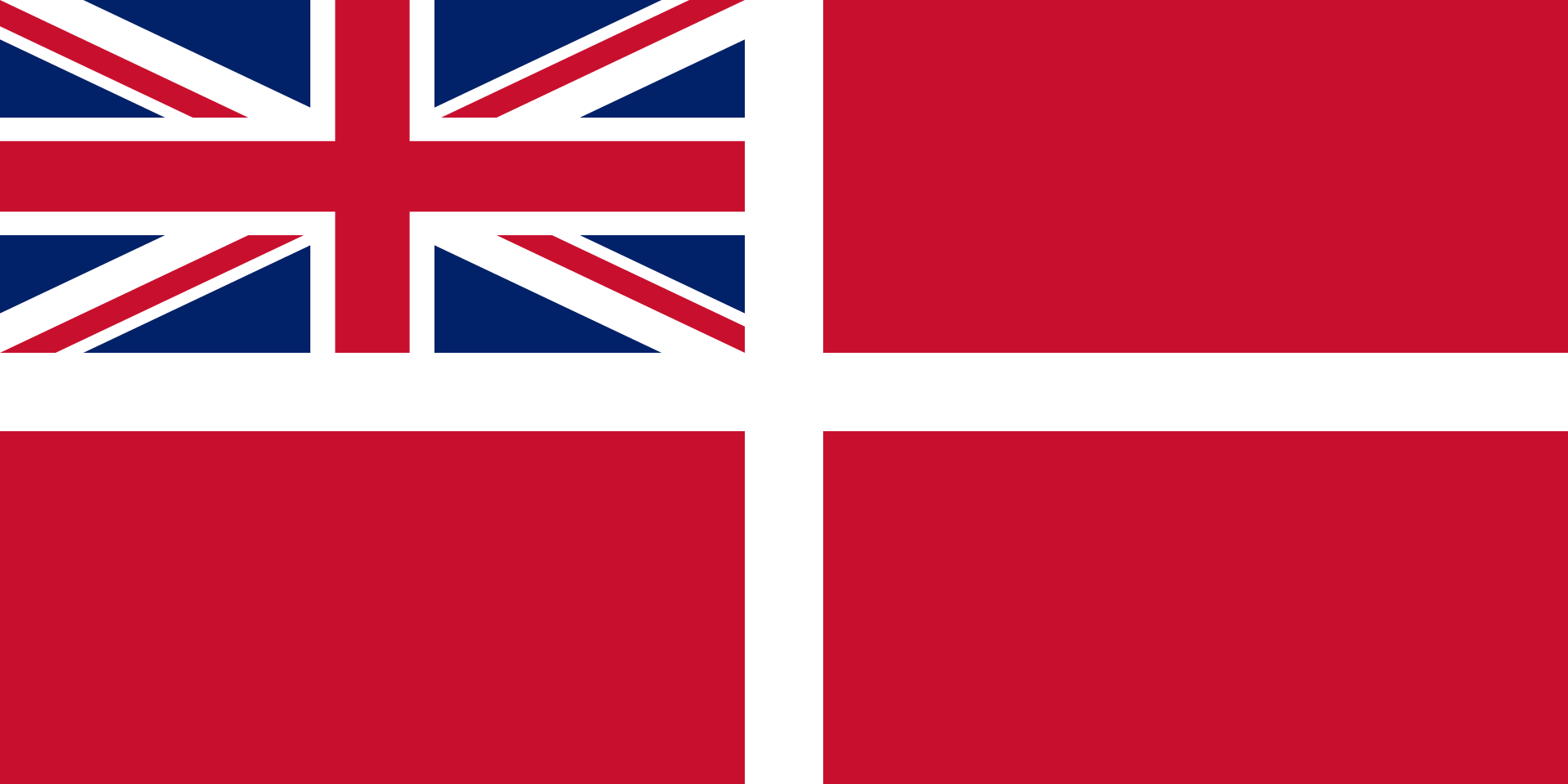
1813, June 23
Civil Commissioner Sir Hildebrand-Oakes is replaced by Sir Thomas Maitland, the first to be described by the British as ‘Governor’. Malta becomes a crown colony.
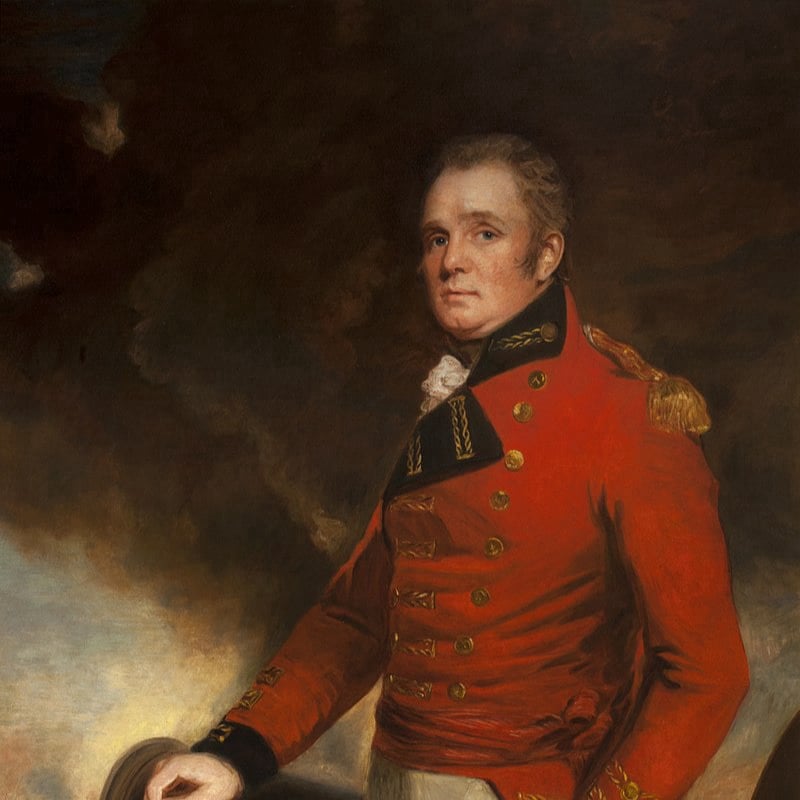
1813, March 28 - 1814, May
A plague epidemic begins, killing around 4,500 people until its end in May 1814.
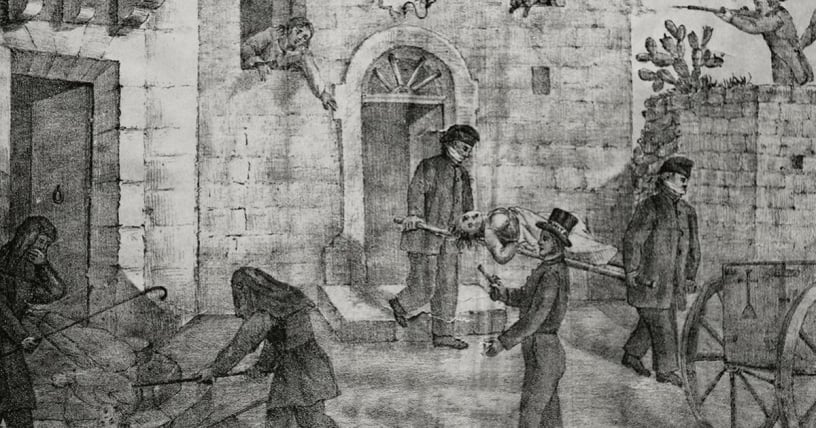
1809
Sir Alexander Ball dies in October and is succeeded by the military commander, Major-General Hildebrand-Oakes.
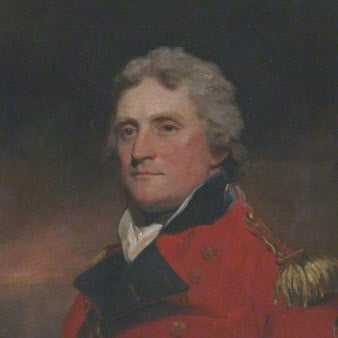
1807, April 4
Beginning of the Froberg mutiny at Fort Ricasoli.
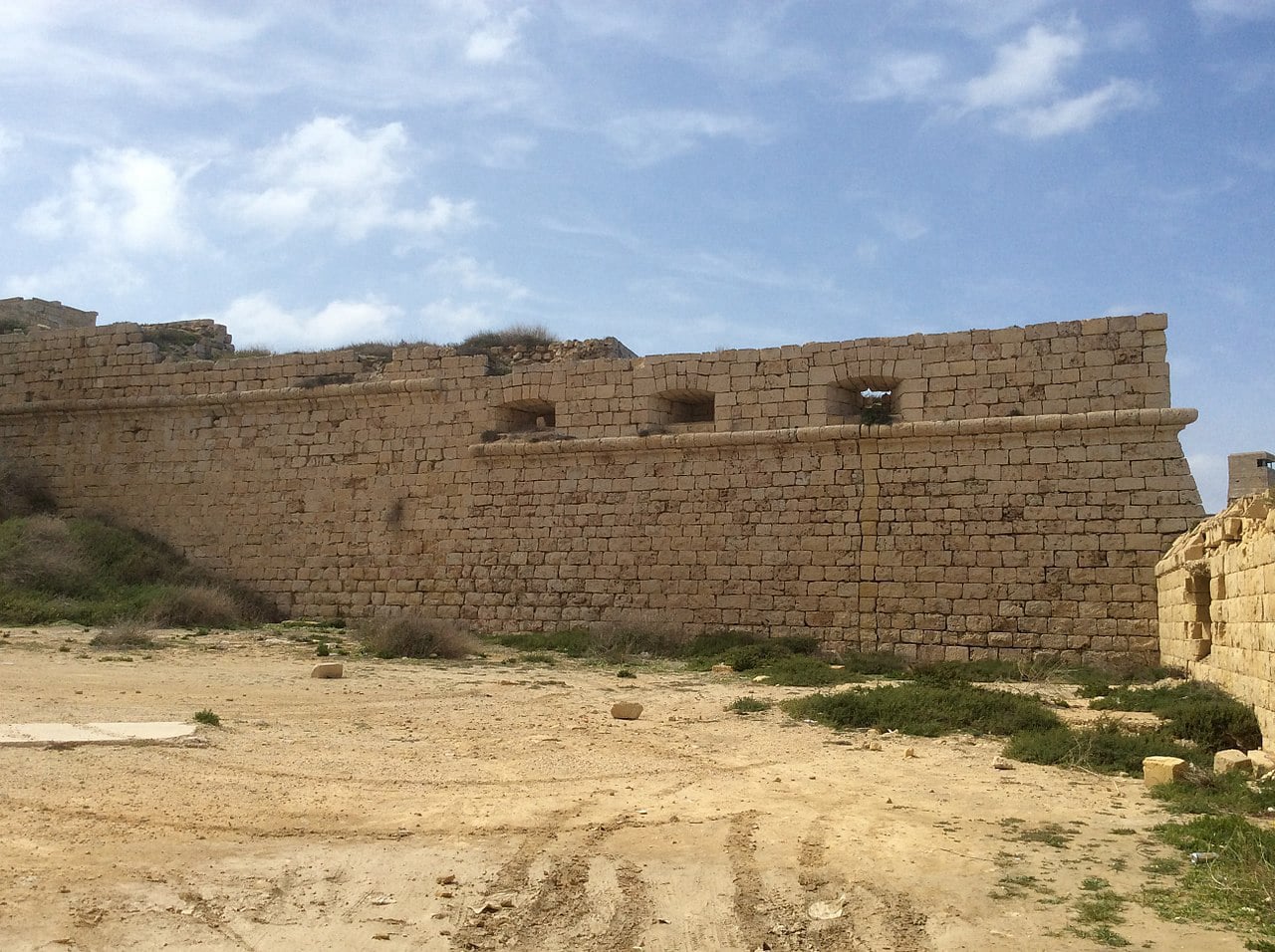
1806, July 18
A gunpowder magazine explosion in Birgu kills around 200 people.
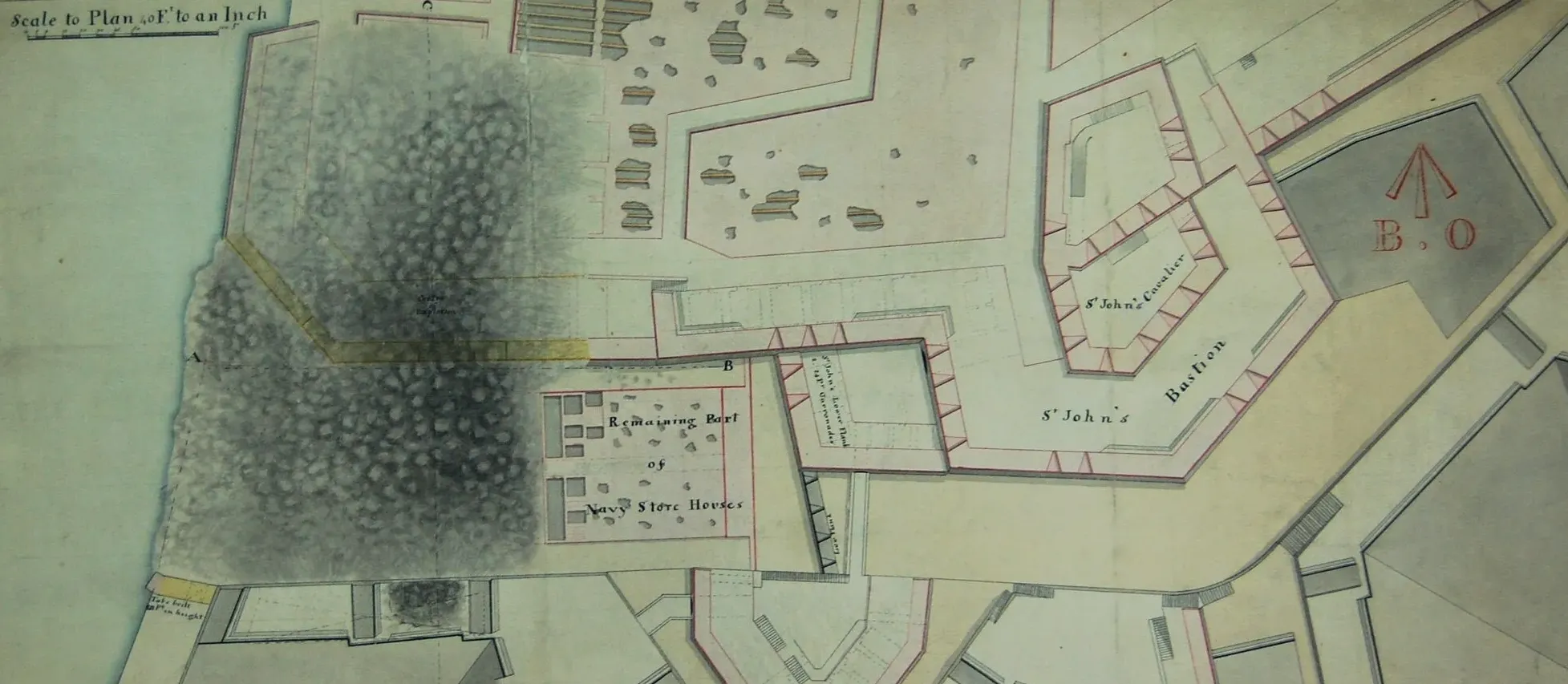
1803, May - 1809
Sir Alexander Ball was appointed Civil Commissioner and immediately instructed the removal of Neapolitan forces from the Island.
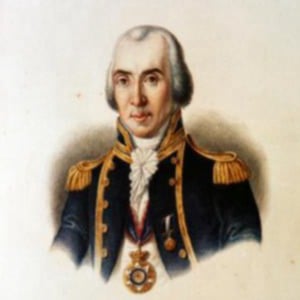
1802
Under the Peace of Amiens, Britain is ordered to return Malta to the Knights of St John, but facing imminent hostilities by Napoleonic France, Britain chooses not to comply.
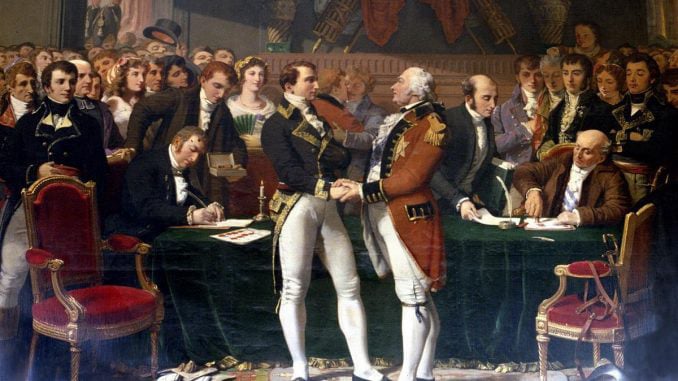
1802
First Declaration of Rights issued in Malta: Dichiarazione dei Diritti degli Abitanti di Malta e Gozo, including the right to freedom of conscience under the rule of law.
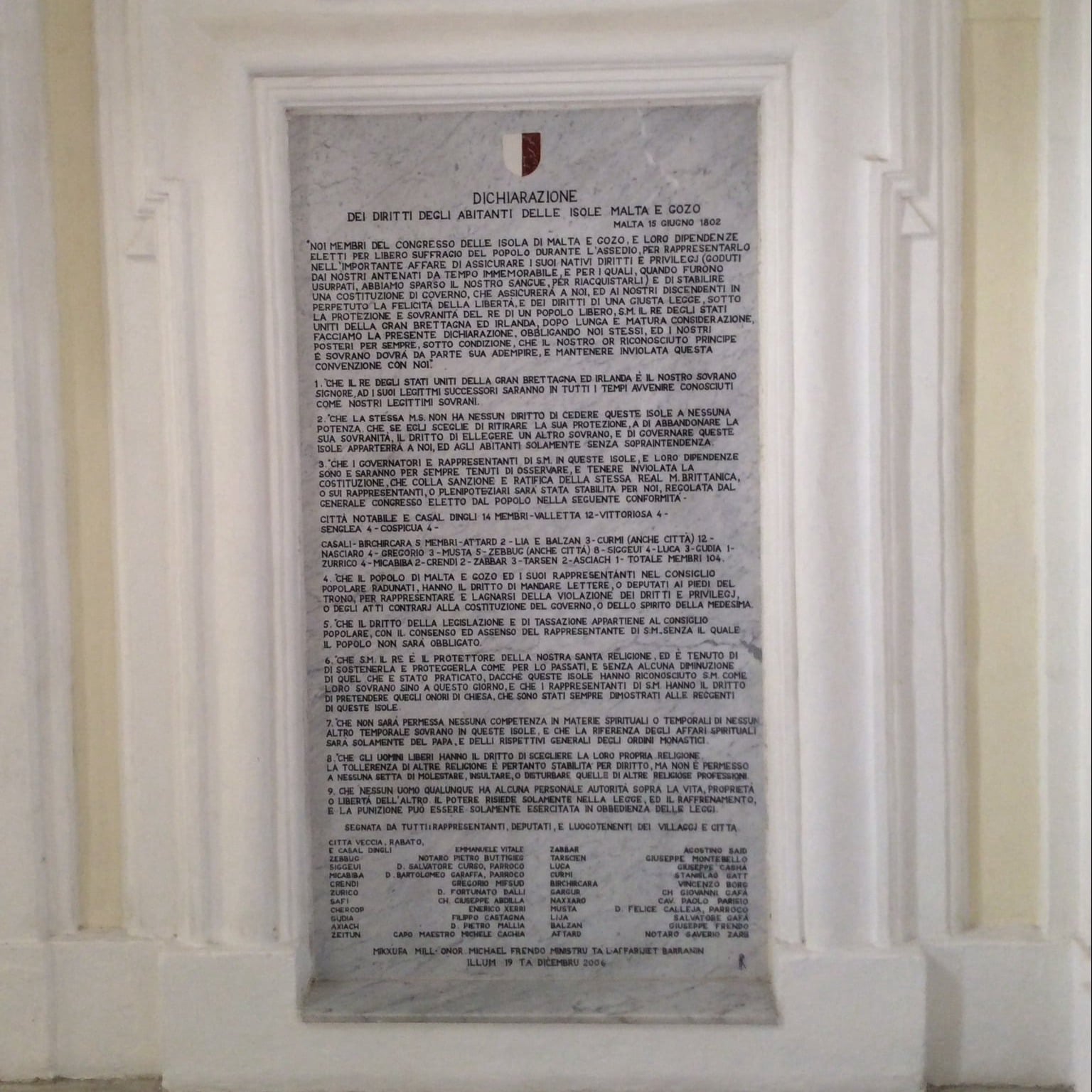
1801, June 24
Admiral Sir Alexander Ball is sent to Malta as Plenipotentiary Minister of His British Majesty for the Order of Saint John, with orders to evacuate the British forces from the Islands, and to prepare for their return to the Knights of St. John.
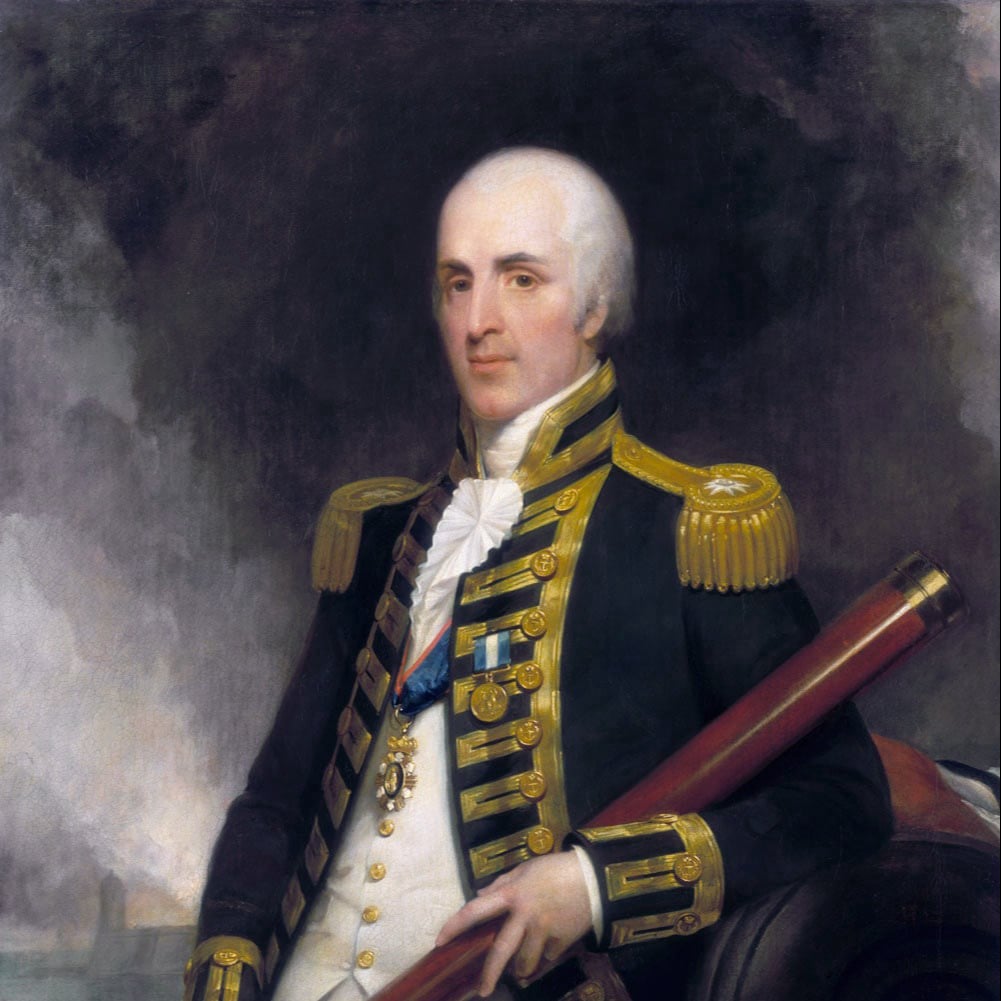
1801
Tsar Paul I of Russia demands the return of Malta to the Knights. A Statue of the great German leader is established for peace amends
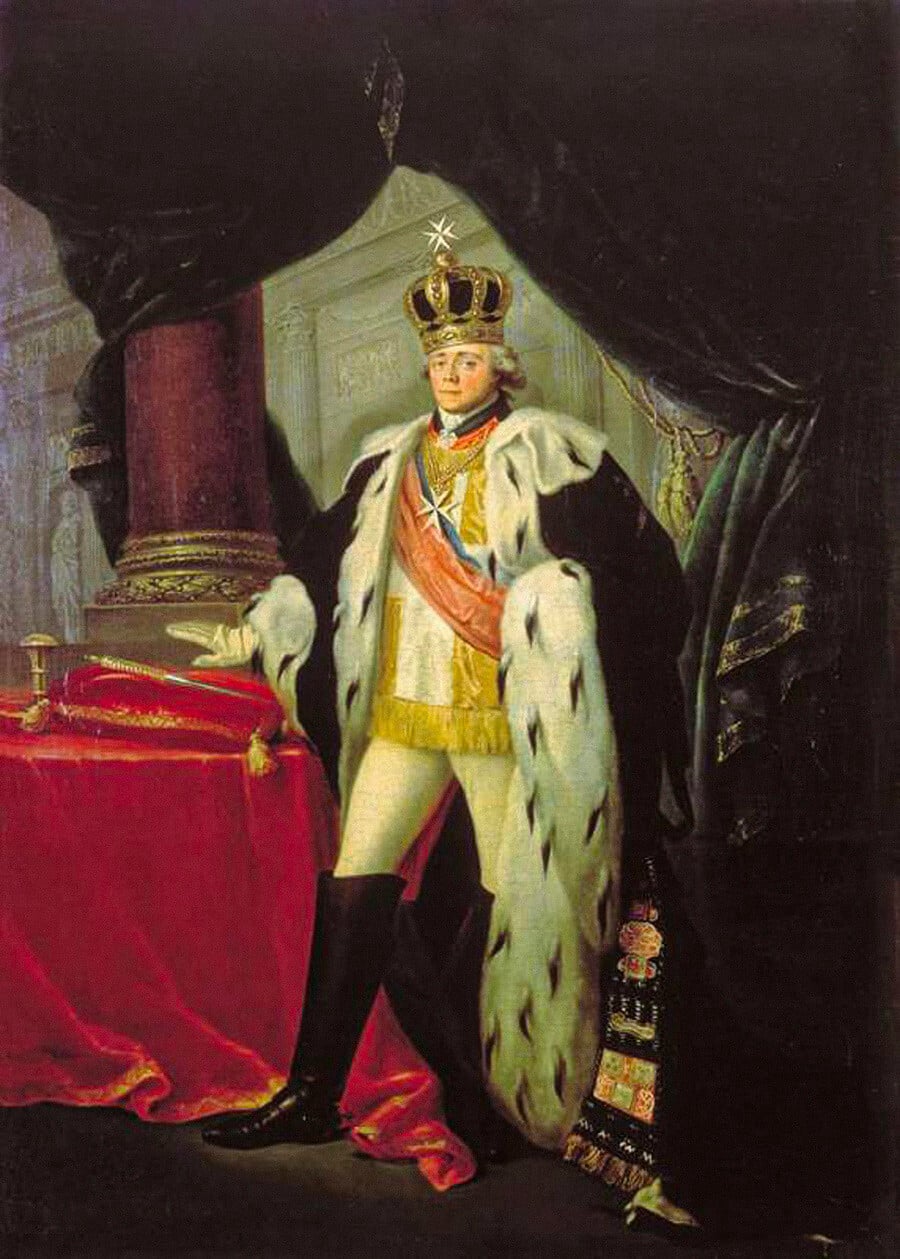
1800, September 4
The French surrender. General Vaubois surrendered and with Rear Admiral Villeneuve, Major General Pigot and Captain Martin, signed the articles of Capitulation. Although 20,000 Maltese died during the uprising, not one Maltese was present to sign the document. Malta and Gozo become a Protectorate.
